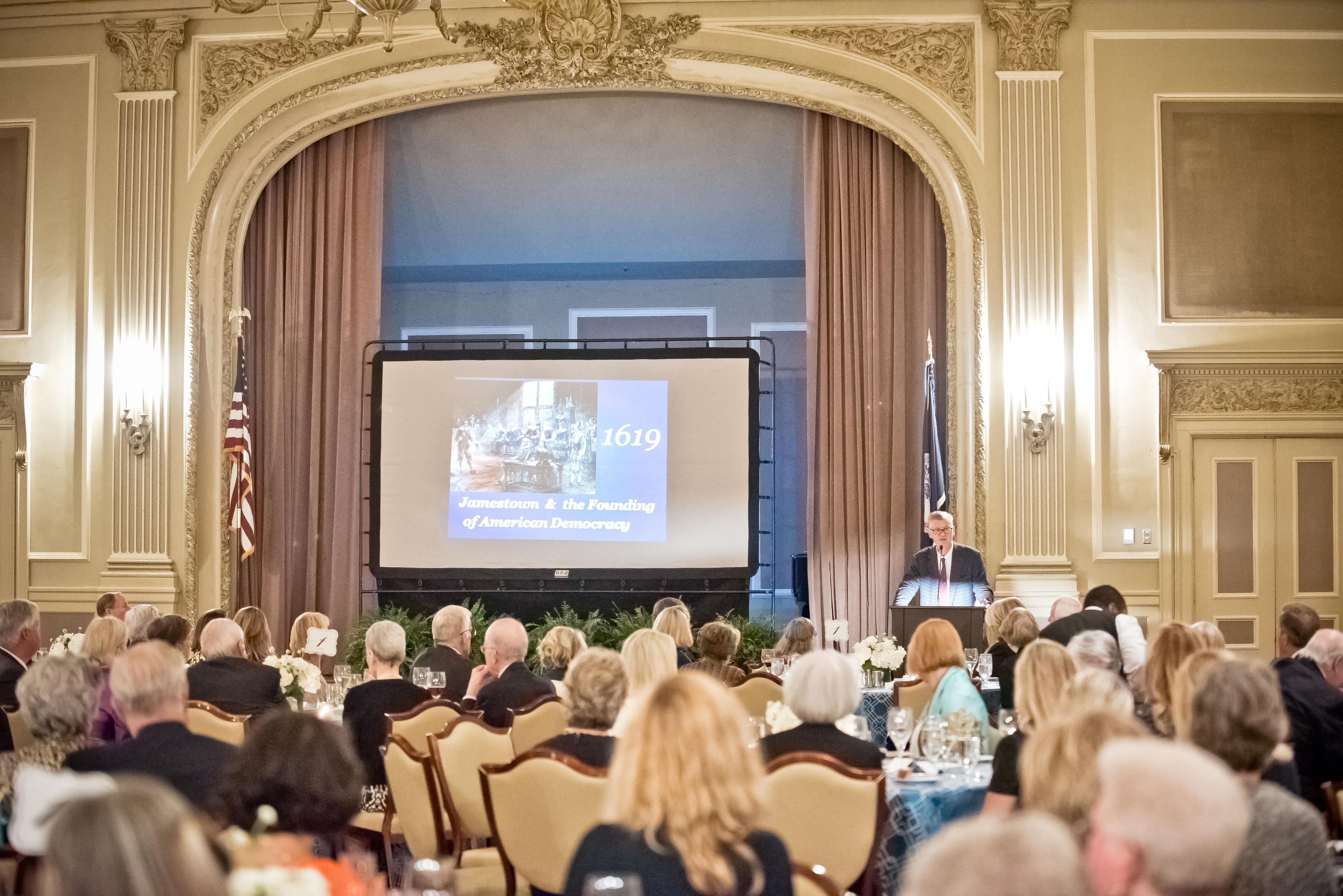



Convened with little fanfare or formality, the first gathering of a representative governing body anywhere in the Americas, the General Assembly, met from July 30 to August 4 in the choir of the newly built church at Jamestown. Portions of this essay appeared in his recent book, 1619: Jamestown and the Forging of American Democracy (Basic Books).Īn important turning point in American history occurred at Jamestown in 1619 as the first freely elected assembly met to make "just Laws" for the fledgling colony.Īlong the banks of the James River, Virginia, during an oppressively hot spell in the middle of summer 1619, two events occurred within a few weeks of each other that would profoundly shape the course of history. PLEASE NOTE: When you purchase this title, the accompanying PDF will be available in your Audible Library along with the audio.Historian James Horn, a frequent contributor to American Heritage, is President of the Jamestown Rediscovery Foundation. This portentous year marked both the origin of the most important political development in American history, the rise of democracy, and the emergence of what would in time become one of the nation's greatest challenges: the corrosive legacy of racial inequality that has afflicted America since its beginning. In 1619, historian James Horn sheds new light on the year that gave birth to the great paradox of our nation: slavery in the midst of freedom. A few weeks later, a battered privateer entered the Chesapeake Bay carrying the first African slaves to land on mainland English America.

In the newly built church at Jamestown, the General Assembly - the first gathering of a representative governing body in America - came together. The essential history of the extraordinary year in which American democracy and American slavery emerged hand in hand in colonial Virginia.Īlong the banks of the James River, Virginia, during an oppressively hot spell in the middle of summer 1619, two events occurred within a few weeks of each other that would profoundly shape the course of history.


 0 kommentar(er)
0 kommentar(er)
